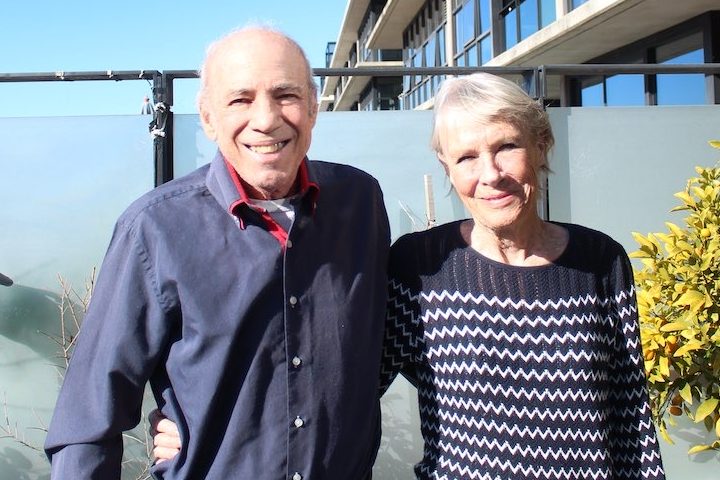
ROBERTO Gallagher was 13 years old when his father, Juan Patricio Gallagher, moved the family to Canberra from Peru.
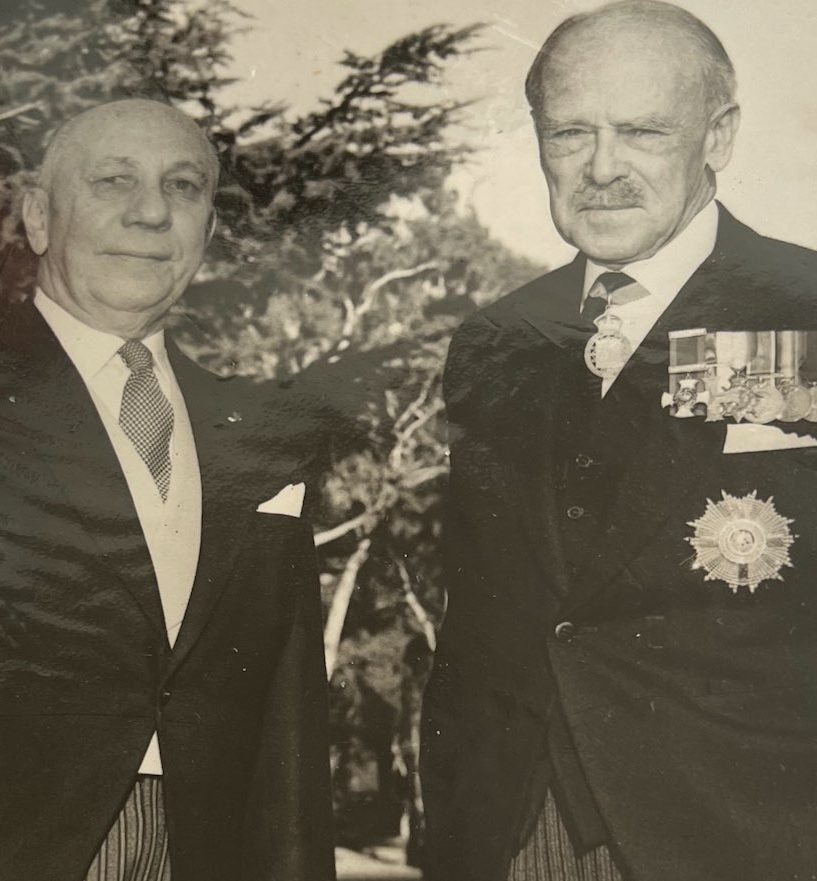
In 1963, as then-ambassador, Juan opened the Peruvian embassy in Canberra on September 14.
Sixty years on, Roberto takes a look back at the significance of the occasion, and what life has been like since.
While Juan left Canberra after his eight-year term, Roberto stayed behind, “for all the wrong reasons” he says, with a cheeky wink at his wife, Jenny.
“After being at school here for so long, all my friends, my everything was here,” says Roberto, 73.
“I remember my father was excited to open the embassy, but it was an interesting story, because when he took the phone call from the Peruvian Foreign Ministry, they said he got a posting in, well he thought they said Austria, but they said Australia.
“So then he got here and he wondered about what he was going to do, because in those days Australia wasn’t all that well known around the world, but in the end he really loved it.”
Roberto couldn’t speak a word of English when he arrived in Canberra, alongside two of his seven brothers and sisters.
“After a few months I was topping the class in English though,” he says.
“Because that’s what you do, try harder. I spent a lot of my spare time watching television, lots of cowboy shows.”
Jenny says Roberto used to say “stick ‘em up” a lot.
Only two of Roberto’s seven older siblings came to Canberra with him.
“But they both went back to Peru,” he says, “and my dad never came back.”
“My sister went on to Italy, we are the only two still alive, but there’s lots of nephews and nieces across the world, and two of my brother’s sons live in Canberra.”
His family surname, Gallagher, was originally O’Gallagher.
“The O’Gallagher’s arrived in Peru, I think, in 1803,” says Jenny.
“John Patrick O’Gallagher was a doctor on a British ship. He married the captain’s daughter and they stayed in Peru.
“Roberto’s great, great grandfather was president in Peru later in the 1800s. But, Roberto’s family is Gallagher Iglesias, he’s got the Irish and the Spanish names.”
Roberto decided he wanted to join Foreign Affairs to become a diplomat like his father, and his first posting was… Peru.
“We lived in Peru for about four years, I met lots of Roberto’s cousins and his siblings and it was fabulous,” says Jenny.
“A year or two after that we got posted to Bangkok, and then Argentina.
“But that was enough for us, and our children were starting to get older.”
Jenny and Roberto met while they were attending school at Canberra Girls Grammar School and St Edmund’s College.
“Everybody in Canberra knew each other; all our friends knew each other at school and mingled at the same parties,” says Jenny.
“He could drive from when he was 15, I think, but I was going out with him when he was 17, and he got a speeding fine.
“This one time, after his father said don’t do it again, said he was not going to claim diplomatic immunity, he made him pay it and it was in the paper, ‘son of ambassador caught speeding,’ and he finally stopped his speeding.
“But he used to come and pick me up from school at lunchtime. He was this charismatic, entertaining man, and he’s always dressed very well, he always has to wear socks to match his outfit. Roberto was just a little bit fun and wild.”
Roberto says: “What’s not to love about that?”
They’ve been married since 1972, and have four children.
Just as COVID-19 hit Australia, Roberto was struggling through his own, separate health battle.
He was diagnosed with cancer that impacted his brain, and he suffered from nine seizures.
“Fortunately it doesn’t show up any more,” he says.
“Forever I’m still having treatment, but slowly and surely I’m soldiering on through more immunotherapy.”
Jenny says on one visit to Roberto’s “very funny” doctor, Antonio Di Dio [and “CityNews” columnist], he walked in and said: “Oh, Roberto, we thought you were dead, I can’t believe you’re still alive.”
“It was just the funniest moment,” she says, with Roberto adding: “It’s good to hear that from your doctor!”
Meanwhile, in saluting the 60 years of diplomatic relations, Peruvian ambassador Vitaliano Gaspar Gallardo Valencia says the anniversary highlights the personal and family ties that for six decades have been strengthening and intensifying.
He says Peru exports to Australia products such as coffee, cocoa and pisco, and maintains an important trade in mining investments and mining services.
“All of them are committed to better care for the environment, zero greenhouse gas emissions, promoting an energy transition, access for women to leadership positions in the mining sector, and respect for indigenous communities, local communities and a transition to clean energy,” he says.
“It is also satisfying to see the presence of Peruvian gastronomy and Peruvian chefs contributing to a multicultural culinary offer in Australia.”
Who can be trusted?
In a world of spin and confusion, there’s never been a more important time to support independent journalism in Canberra.
If you trust our work online and want to enforce the power of independent voices, I invite you to make a small contribution.
Every dollar of support is invested back into our journalism to help keep citynews.com.au strong and free.
Thank you,
Ian Meikle, editor
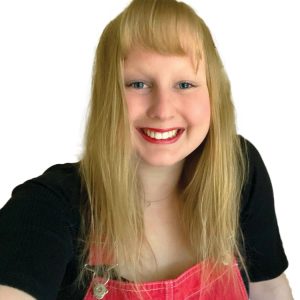
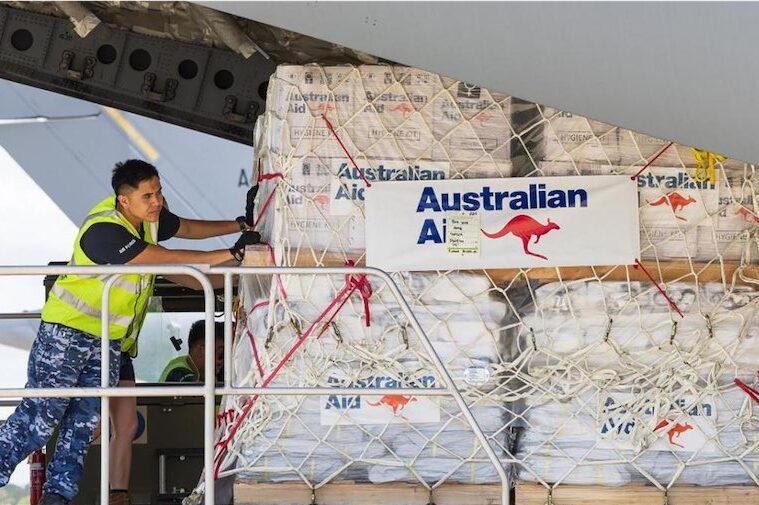
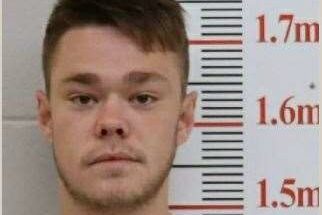
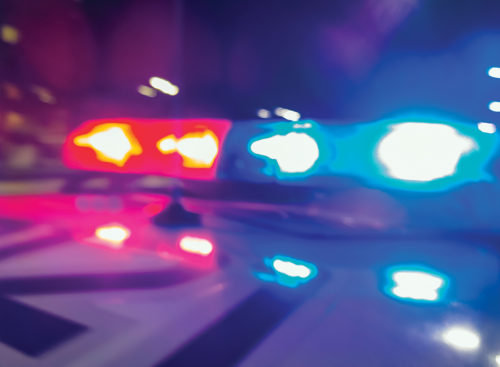

Leave a Reply